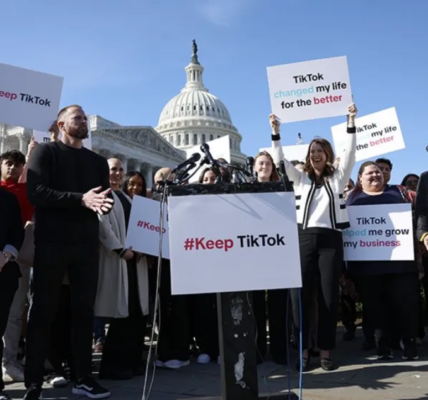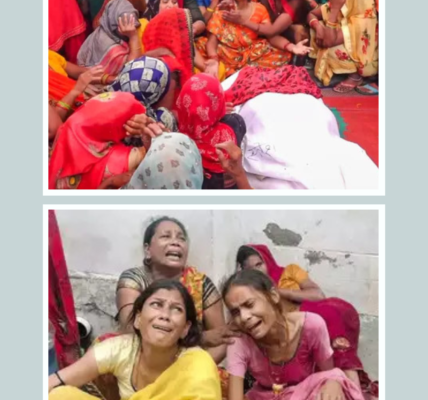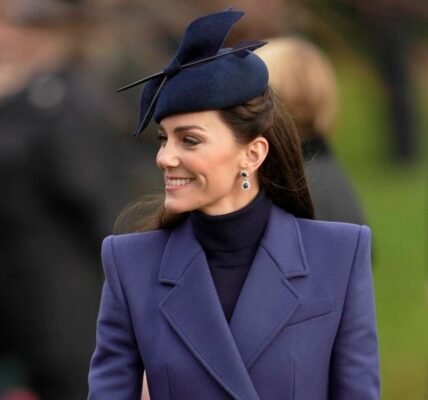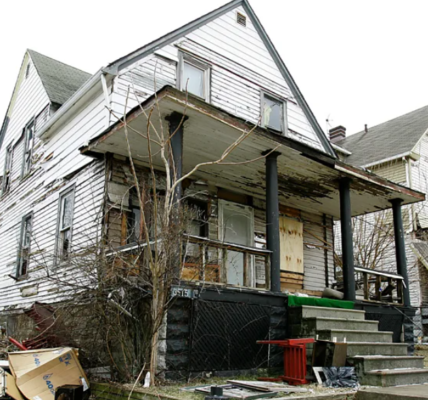Power Consolidation: Putin Declares Resounding Victory in Russian Election, Disparages US Democracy
People had been eagerly expecting the results of the presidential elections, in which Vladimir Putin emerged as the winner and was re-elected for his new term as president of Russia. His victory was overwhelming; he garnered over 87% of the vote. However, there were allegations that there were not enough real contenders and that the electoral law had been broken in many places throughout the nation. The majority of countries in the West have condemned this voting as unfair and demanded worldwide censure.
This was an election in which there appeared to be only token rivals because political competition was not fully allowed. The three other candidates were perceived as puppets put up by the Kremlin. No genuine opponent who could be recognized as posing any reasonable threat to their rivals’ interests ran in this election, thus increasing doubts about its honesty and/or justice.
Even though there wasn’t any real opposition that could pose a challenge, supporters of the deceased anti-Putin activist staged protests with symbolic meaning under the “Noon against Putin” banner. Numerous voters stood on the streets holding demonstrations across major Russian cities like Moscow and St Petersburg; there were also long queues at foreign embassies. Nonetheless, these demonstrations did not manage to affect the course or outcome of the elections themselves.
According to data, around 80 Russians were taken into custody amid the protests, but there weren’t many considerable assaults on polling stations, just like yesterday. The monitoring group, OVD-Info, recorded these cases. On the other hand, Germany described it as a sham vote under an oppressive leader using censorship and violence, while UK Foreign Secretary Lord Cameron condemned the “illegal holding of elections on Ukrainian territory.”
Ukraine President Volodymyr Zelensky added his voice to those criticizing Putin for faking yet another election. Allies of Navalny, including Leonid Volkov, who was brutally beaten up during his exile in Lithuania, rejected what they referred to as election-based fiction. Some Russians spent three days voting, while those living in areas occupied by Russia had even more time to persuade them to join.
During the election, there were many issues. Some people said that one person who works for the election commission was killed in a town called Berdiansk, which is under occupation. The residents believe that the armed men escorted the pro-Russian collaborators who went from house to house with the ballot boxes. Independent observer Golos was denied access to monitor the ballots while numerous cases of malpractice and coercion targeting state workers’ voting preferences have appeared.
Putin did something unexpected by mentioning Navalny by his name just four weeks after he died at a penal colony. It emerged that Navalny may have been exchanged with some Western-held prisoners, as rumored here and there, but on condition that he never come back home to Russia again. He also threatened punishment towards those who spoiled their votes, even as he praised opposition activists mobilizing higher turnout among electorates.
In five terms, millions of Russians voted for Putin because there was nothing better than him to vote for. However, this lack of choice is not natural rather engineered by Kremlin itself, which has taken away all potential opponents from the political arena. Even a small hope about participation in elections of anti-war politician Boris Nadezhdin quickly gained support nationwide was suppressed through his disqualification by the Central Election Commission as more and more Russians sided with him.





